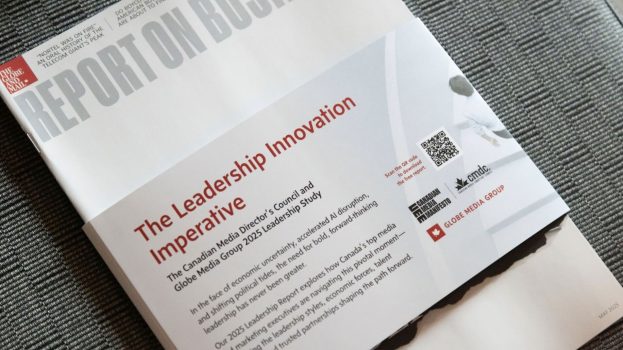Whoever coined the phrase, ‘The 1990s are going to be the white-knuckle decade,’ surely must have had advertising top-of-mind.
Evidence continues to build suggesting traditional structures upon which the modern-day advertising industry was built are crumbling.
The big story of last year, which Madison Avenue tried in the beginning to ignore and later downplay, now turns out to be as serious as first expected. Michael Ovitz, the Hollywood czar of deal-making and image-building, really has taken on marketing and advertising responsibilities for Coca-Cola’s Coke brand. Ovitz is working closely with Coca-Cola marketing executives, and he recently hired two of his clients, television producers John Falsey and Joshua Brand, to work on a campaign for Coke.
More than just the story of one client venturing outside of convention, the real significance of the Coke-Ovitz arrangement lies in what it symbolizes: a mounting challenge to the status quo and an opening up of minds to new ideas and new possibilities.
Now, on top of such symbolic events, comes news that indicates the very foundations of the industry are being altered. The Association of Canadian Advertisers, in a study of its members, shows that only 25% of companies that represent the bulk of national ad spending in Canada, compensate their ad agencies on the basis of the once-standard 15% commission system. This has changed from 76% who used the 15% commission system 22 years ago.
The reasons behind this huge shift are as complex and varied as the many changes that have occurred in the marketplace during the past two decades. But if there is a recurring theme – a driving force that appears to be pushing for a rearrangement in the relationship harder than others – it is the desire on the part of clients for greater accountability.
The aca study reveals that while only a small percentage (11%) of advertisers use an incentive-based compensation system, others expressed an interest in doing so in the future. The study also found that many of the advertisers surveyed are seeking to redefine agency performance in terms of their business success, and compensate accordingly.
This already appears to be a trend in the United States. According to a recent study conducted by the Association of National Advertisers – aca’s counterpart in the u.s. – in January 1992, 13% of advertisers reported a genuine incentive aspect to their agency compensation arrangement. This compares with 1.2% who reported a similar arrangement in January 1989.
The ana also shows that the standard 15% commission system is used in the minority of cases. ana figures indicate that only 33% of advertisers use 15% commission to pay their agencies, down from 43% six years ago. And the u.s. experience has not yet felt the full influence of the independent media-buying phenomenon, which is more developed in Canada than in the u.s. and is doubtlessly a big factor in the erosion of the conventional commission system here.
The rules of the game are changing, or disappearing althogether, and it is hoped they are creating in their absence great new opportunities for ingenuity and improvement.























